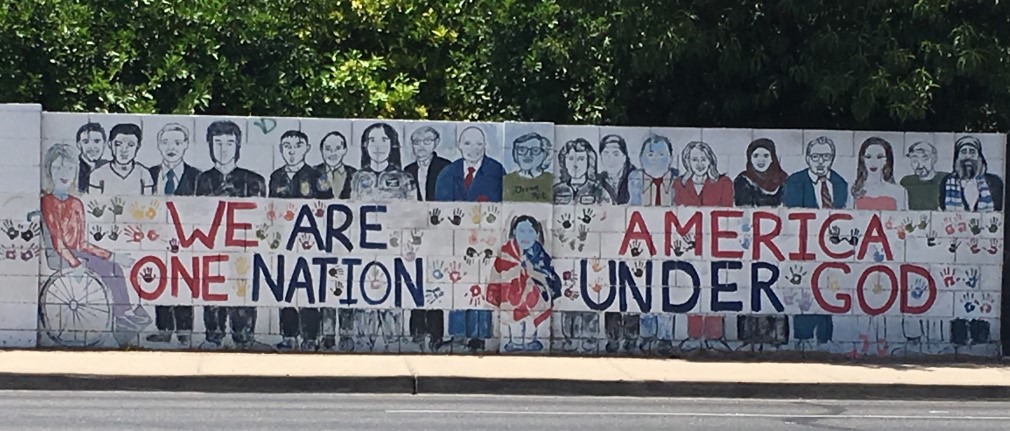Right now, everyone wants to defund the police. And in some ways, we should. We should defund them of taxpayer money for wrongful death settlements. There have been hundred of millions in public money spent on wrongful death and civil rights settlements against our police departments. Public money shouldn’t be spent on these settlements. There are other potential areas where these resources should go – like human services – and it is counter-productive for our cities to spend money on racism. We need communities where safety – not fear – produces law and order. So, instead of defunding the police, and removing that money from the public coffers, we need the police to refund monies that can be used to house homeless people; to encourage mental health interventions among our youth; to improve our bus stops, and parks, and libraries; to get counselors – not student resource officers – in our schools. This will bring more safety – and less fear – in our communities than continuing to pay for consent decrees or armored vehicles.
Month: May 2021
Social Justice and Settler Colonization: Black Women and Black Newspapers in the Metropolitan Southwest
This spring, I began working on a new project about the Valley of the Sun. The American southwest has served as a site for phenomenal population growth in the 20th century. People from all over the globe settled in this region as Sunbelt development attracted human capital. Civic activists helped settle urban areas through their collaboration with elected officials, organization of community members, and protests of racial discrimination. The Black press, due to their nexus between the business-class and community activists, provides insight on how racial minorities navigated the urban Southwest.
This project, specifically, focuses on the how the activism of Black women was represented in the Black press. Civic activism by Black women complicates the concept of settler colonialism to show how marginalized people fought to make the urban Southwest more inclusive while advancing settlement of colonized territories. My primary focus is the Black Dispatch, a newspaper published by Marian J. BeCoates during the 1976 bi-centennial year. In February, we recorded an oral history interview that explored her time in the publishing business, her previous military career, and her experience as an ASU student.
The Black Dispatch was covered by the Arizona Republic during Black History Month, but unfortunately, their coverage overlooked contributions made by women of color like Jesse BeCoates. Thankfully, through collaboration with the Emerge Collective, we were able to recover this valuable history and fill in gaps in the historical record concerning Black women in Black Phoenix newspapers.
